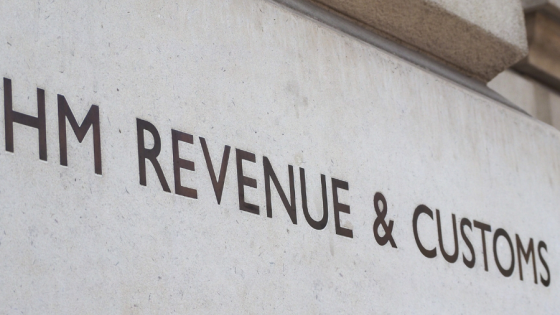IR35 Reform
10 Mar 2017
I.O.U?! IR35 Reforms means you probably do.Categories & Tags
Public sector contractors will be impacted by the new IR35 reforms from 6th April 2017.
The Chancellor, Phillip Hammond, announced in his Autumn Statement 2016 that the proposed reform to the intermediaries’ legislation, commonly known as IR35, will go ahead in the new tax year for all public sector contractors.
<b>How might this affect me?</b>
If you are directly or indirectly providing services to a public sector client (e.g. the NHS, MoD or BBC), your contract is more likely to be caught by the new IR35 reforms. The changes do not apply if you are providing services to private sector companies, although this may be introduced in the future. This would certainly seem to be the case following the comments made by the Chancellor in the March 2017 Budget Statement.
The public sector client (the ‘fee-payer’) will decide whether the ‘off-payroll’ working legislation should apply. The decision falls on the client, as it is their responsibility to ensure that the legislation is observed correctly. In some cases, public sector bodies are applying the rules regardless of the contract’s true position to ease the administrative burden of reviewing numerous contracts. However, they should facilitate a review if you disagree with the treatment of your circumstances.
Where contracts with public sector clients are deemed to fall within IR35, then the fee-payer will be required to deduct Income Tax and National Insurance Contributions (‘NICs’) before making payment to your Personal Service Company (PSC). For VAT registered businesses, the Income Tax and NICs are calculated on the net amount. This represents a massive change to present day circumstances and will inevitably present a huge administrative challenge to everyone involved.
<b>How do I pay myself through my company?</b>
Corporation tax
It should be noted that the company will not be subject to corporation tax on net income received that has been subject to tax at source under the new IR35 rules. Corporation tax relief will be given up to the total amount received from the fee-payer, net of VAT.
Salary
You can pay yourself for the work provided to public sector clients through your own company’s payroll. Where the new provisions apply, there are changes to the way in which payroll should be operated for new or existing public sector contracts.
The salary paid to you would be a non-taxable payment, again up to the total net payment received from the fee payer. The company is not required to make further deductions of Income Tax or NICs.
You should report to HMRC the non-taxable payments your company pays to you on the Full Payment Submission (FPS).
Dividend
Where you have chosen to leave the money in the company for future trading purposes, you may choose to pay yourself a dividend from the company’s profits rather than a salary. You can pay yourself a tax-free dividend up to the total of the net fee received, where Income Tax and NICs have been deducted at source. You do not need to declare your dividend on your self-assessment return.
As you can see, there is a lot to consider and it remains to be seen whether or not these rules will affect all ‘deemed’ IR35 contractors.
News & Resources

Accessing the HMRC mobile APP
More

Consultation on national minimum wage rates
More

Investors’ Relief guidance
More

Tax-free mileage expenses
More

More about emergency tax codes
More

Entitlement to carer’s allowance
More

Invest and save tax
More

Still time to register for the Marriage Allowance
More

